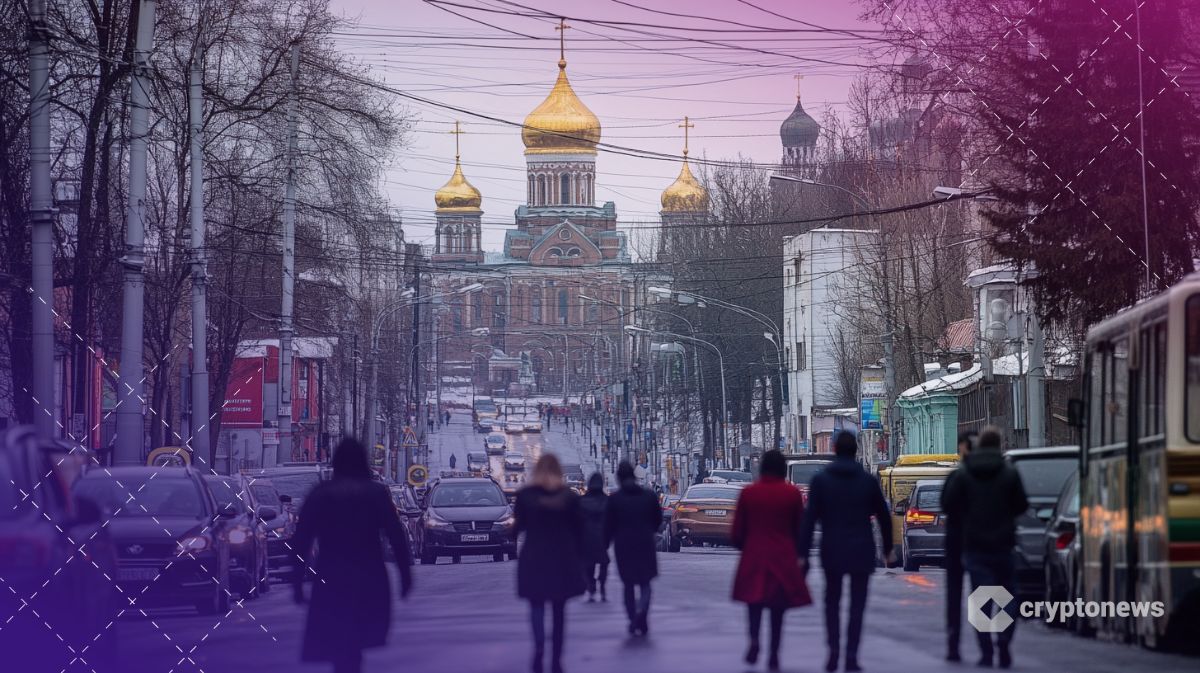DFINITY’s ‘Caffeine’ wants to turn ideas into apps as easily as sending a text
DFINITY’s AI-driven Caffeine platform opens early access to a new paradigm: apps written by language, deployed on a sovereign network, and shaped by anyone with a thought to express.
According to a press release shared with crypto.news on July 16, DFINITY—the non-profit organization building the Internet Computer network—has begun onboarding alpha testers for Caffeine, an AI platform that translates natural language prompts into fully functional applications.
The foundation said the release follows a demo event in San Francisco where nearly 1,000 attendees watched the system generate apps in real time,without coding or cloud configuration. Plain English descriptions were instantly transformed into deployable software. The phased rollout precedes a planned public launch later this year.
How Caffeine could reshape who builds software
DFINITY’s move into AI-assisted app creation is driven by the belief that the next wave of digital innovation shouldn’t be limited by coding literacy. While over 5 billion people use the internet daily, fewer than 50 million know how to write software.
Caffeine aims to bridge that gap by handling the technical complexity, such as backend logic, deployment infrastructure, and real-time updates, while users simply describe what they want to build.
Caffeine’s design reflects this vision at every level. Unlike developer-oriented AI tools that still require understanding APIs or database schemas, Caffeine’s interface reportedly resembles a messaging app. Users can simply type or speak commands, and the system will generate a working application.
The alpha release also includes an experimental App Market to accelerate adoption. According to DFINITY, this feature will allow users to browse ready-made templates for common needs like stock trackers, booking systems, or discussion boards, then customize them using simple voice or text commands.
This could unlock something remarkable: everyday users building software who never imagined they could. In today’s internet, largely controlled by a handful of tech giants, that kind of shift could be revolutionary, perhaps as transformative as the first web browsers that made the internet accessible to everyone.
You May Also Like

When Cryptocurrency Returns Are Poor, You Need a Plan B

Russia’s Sberbank Seeks Green Light for Crypto Custody Amid Regulatory Push
